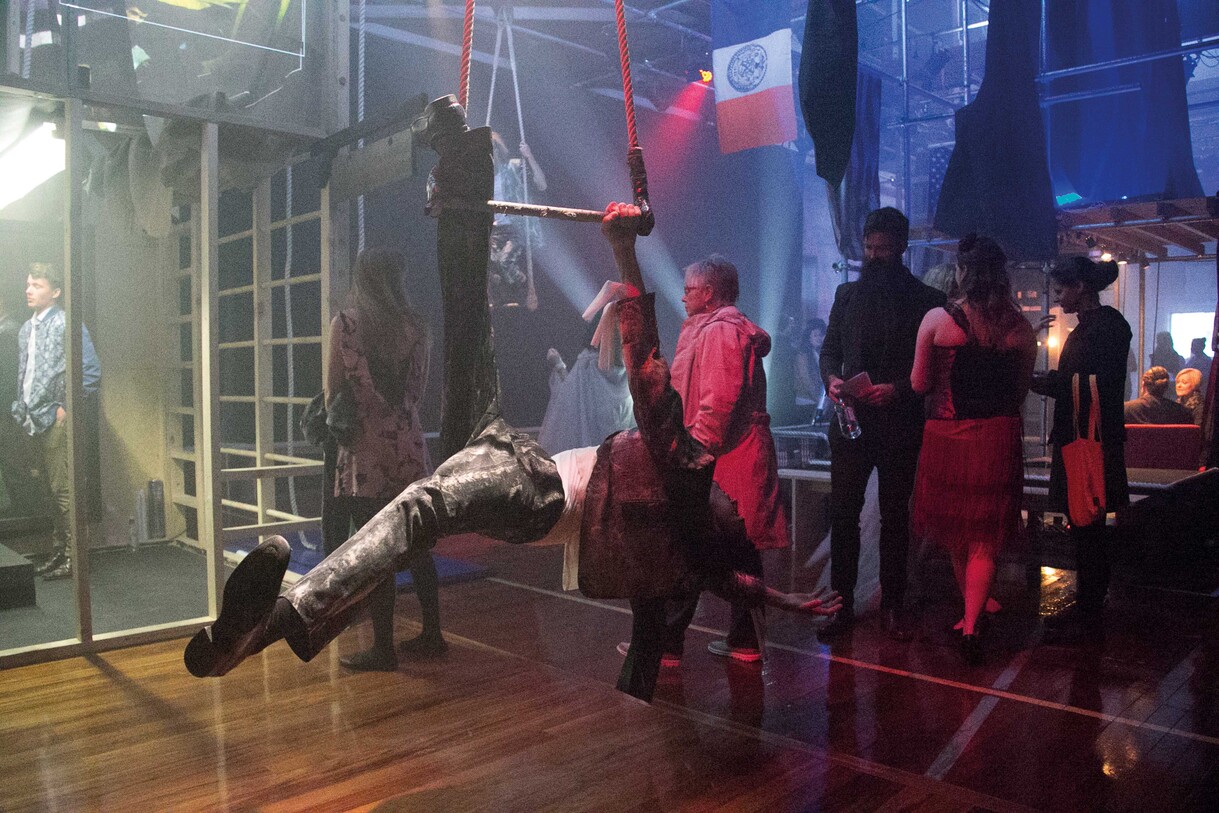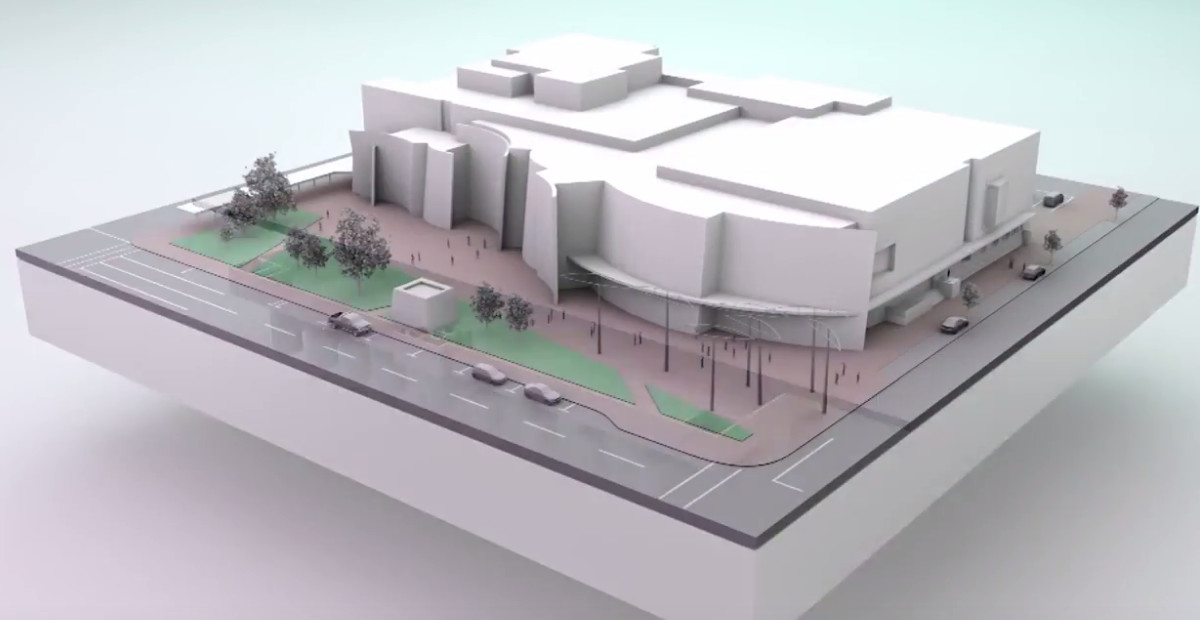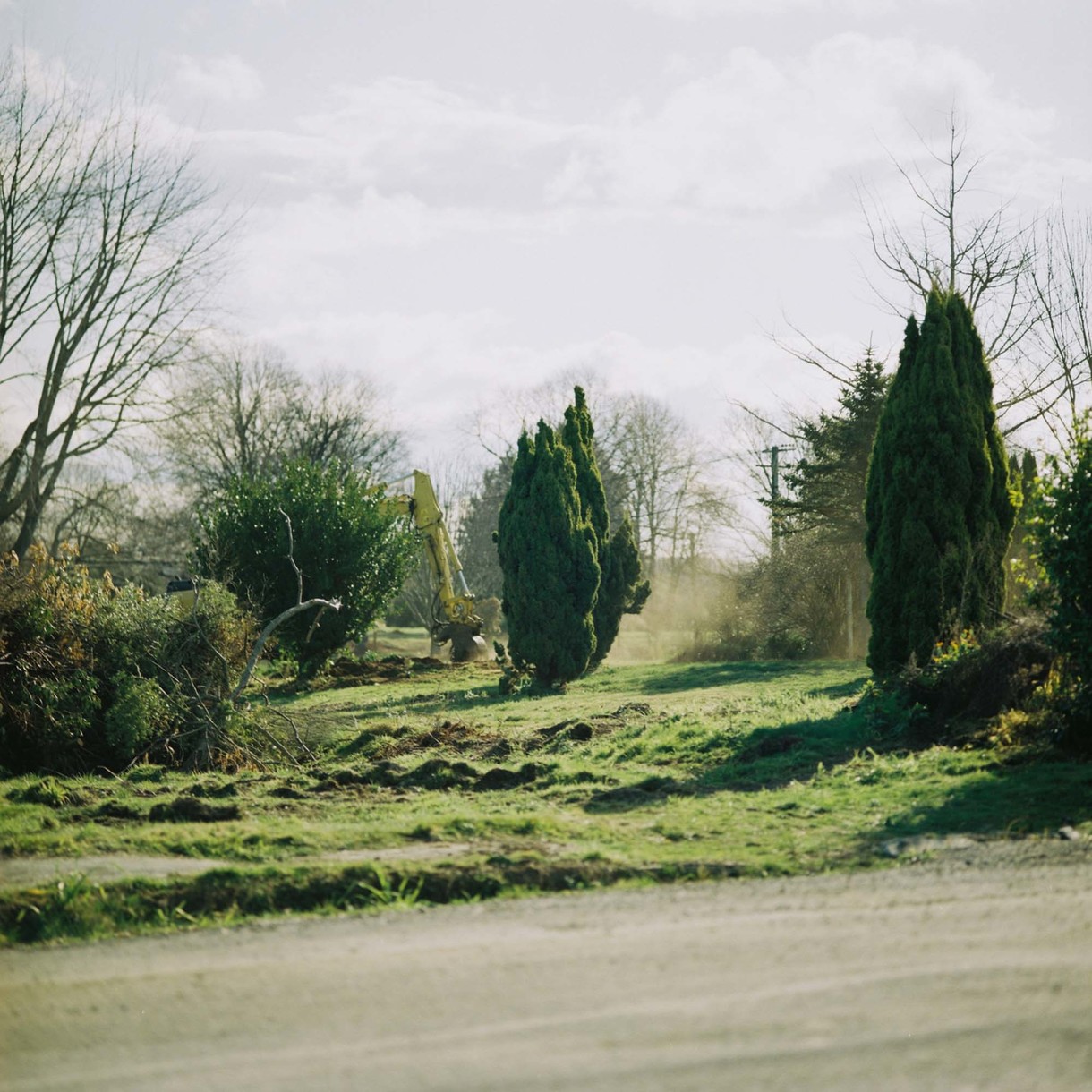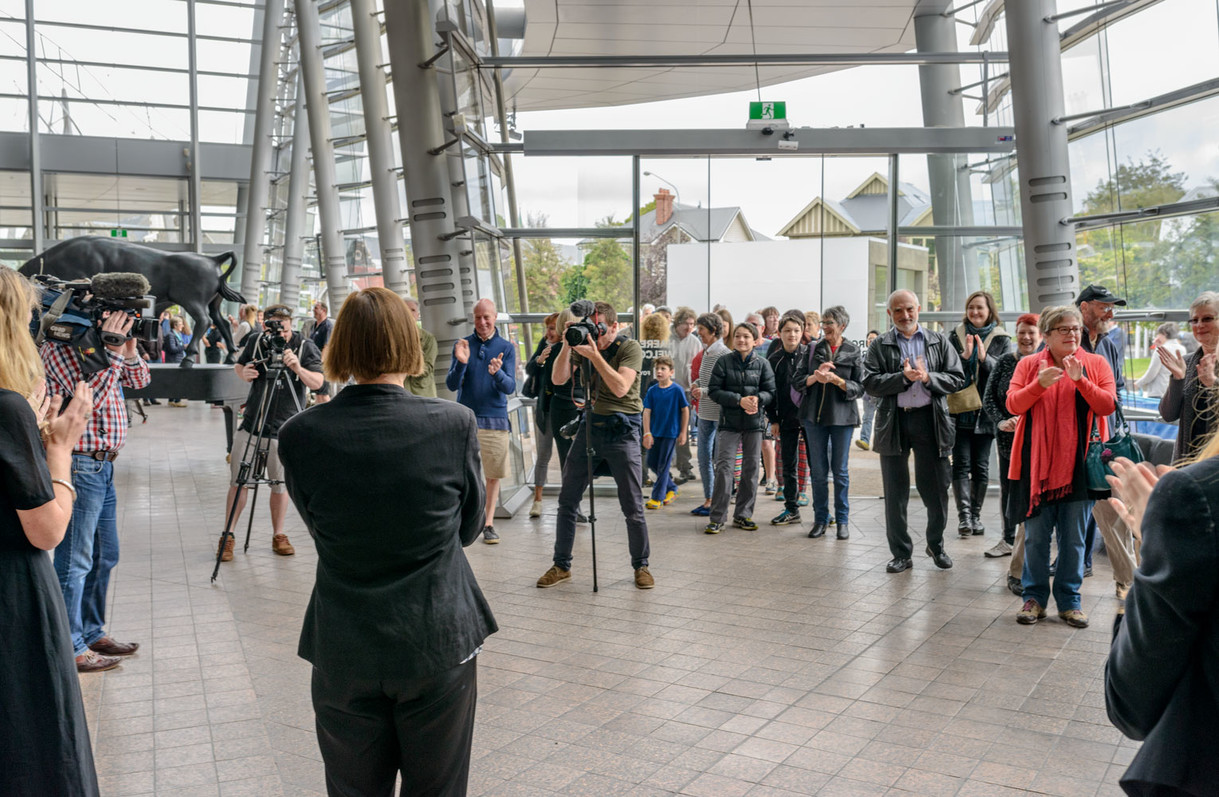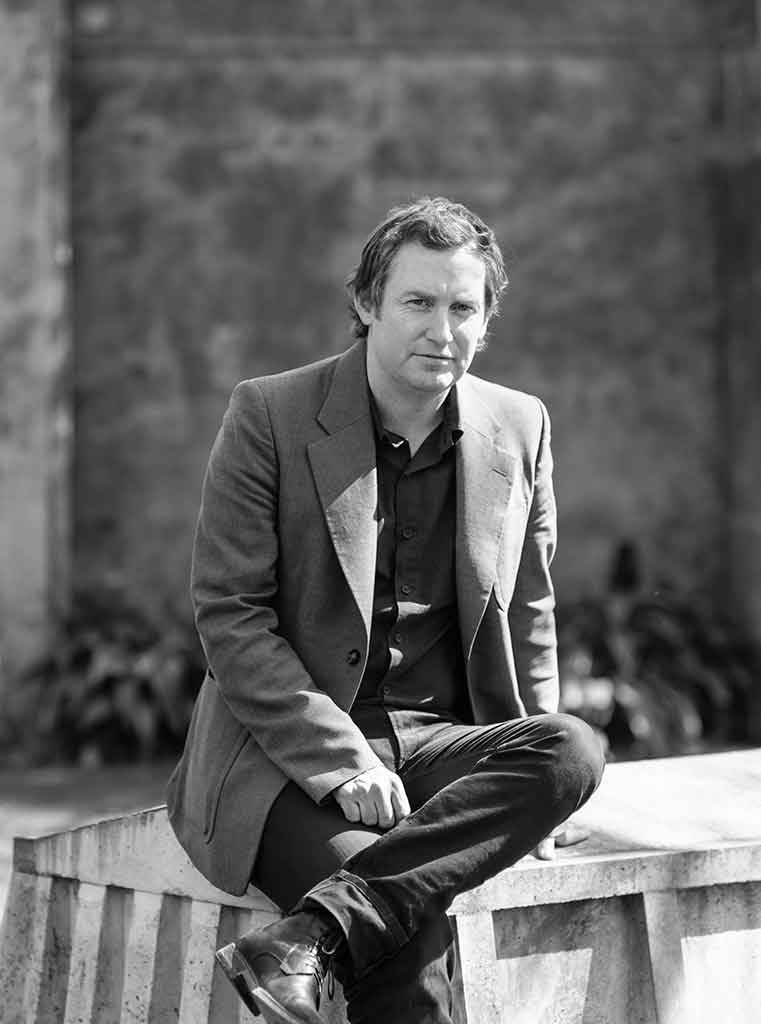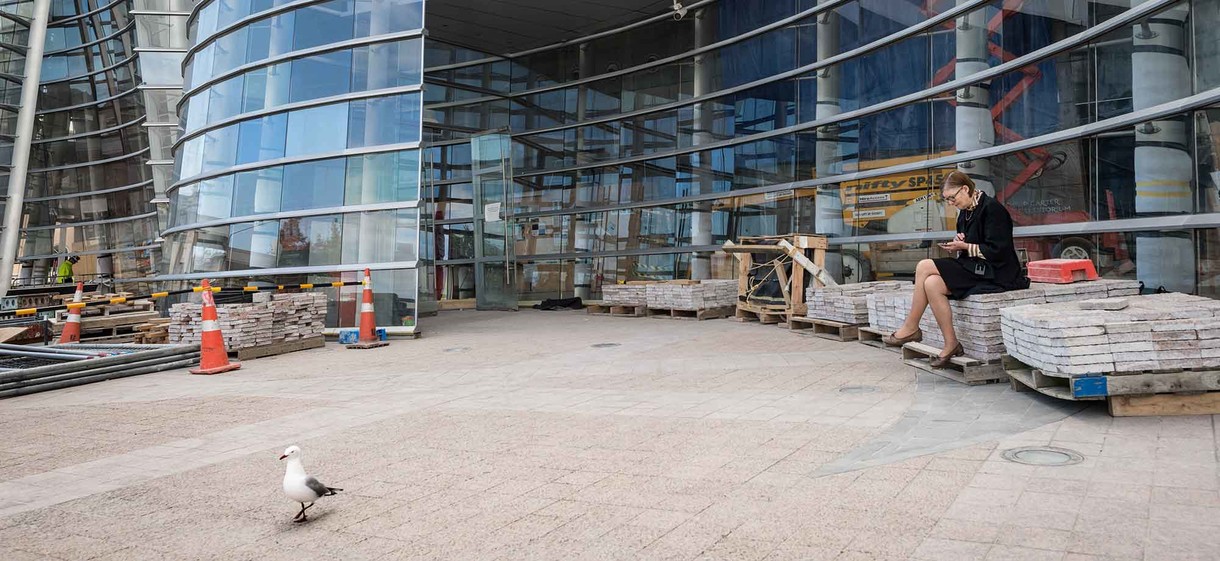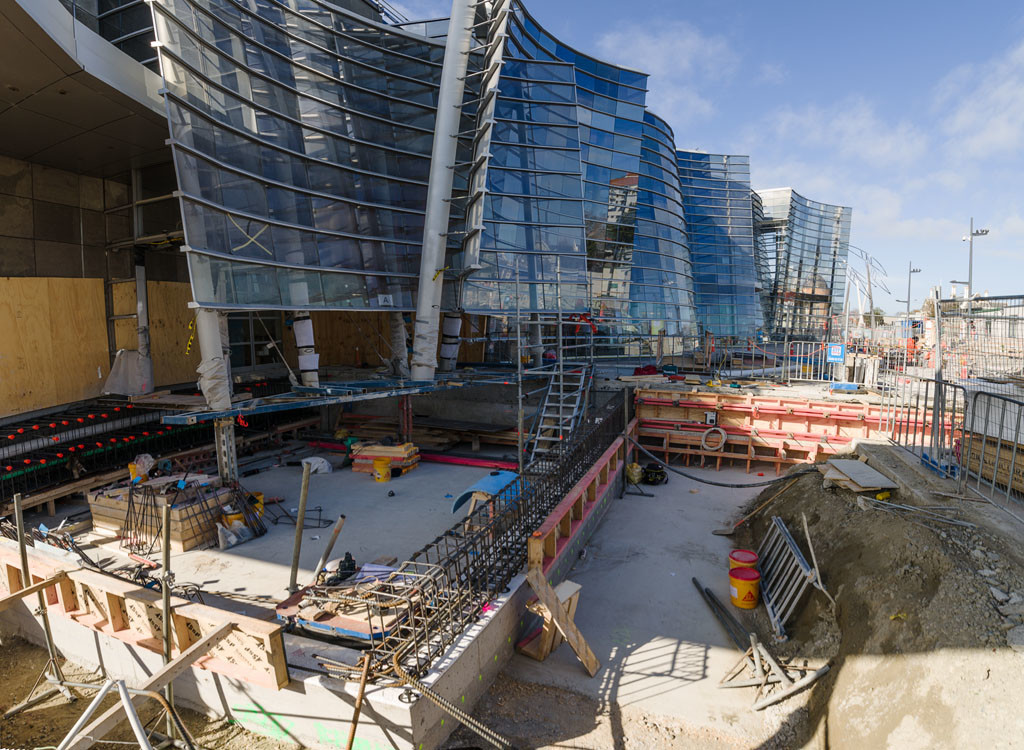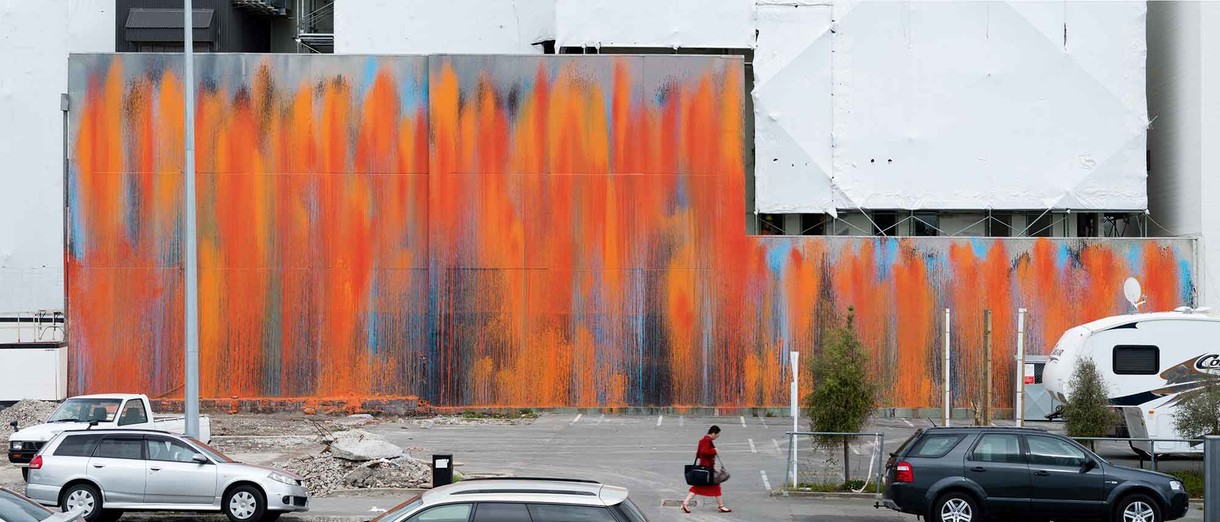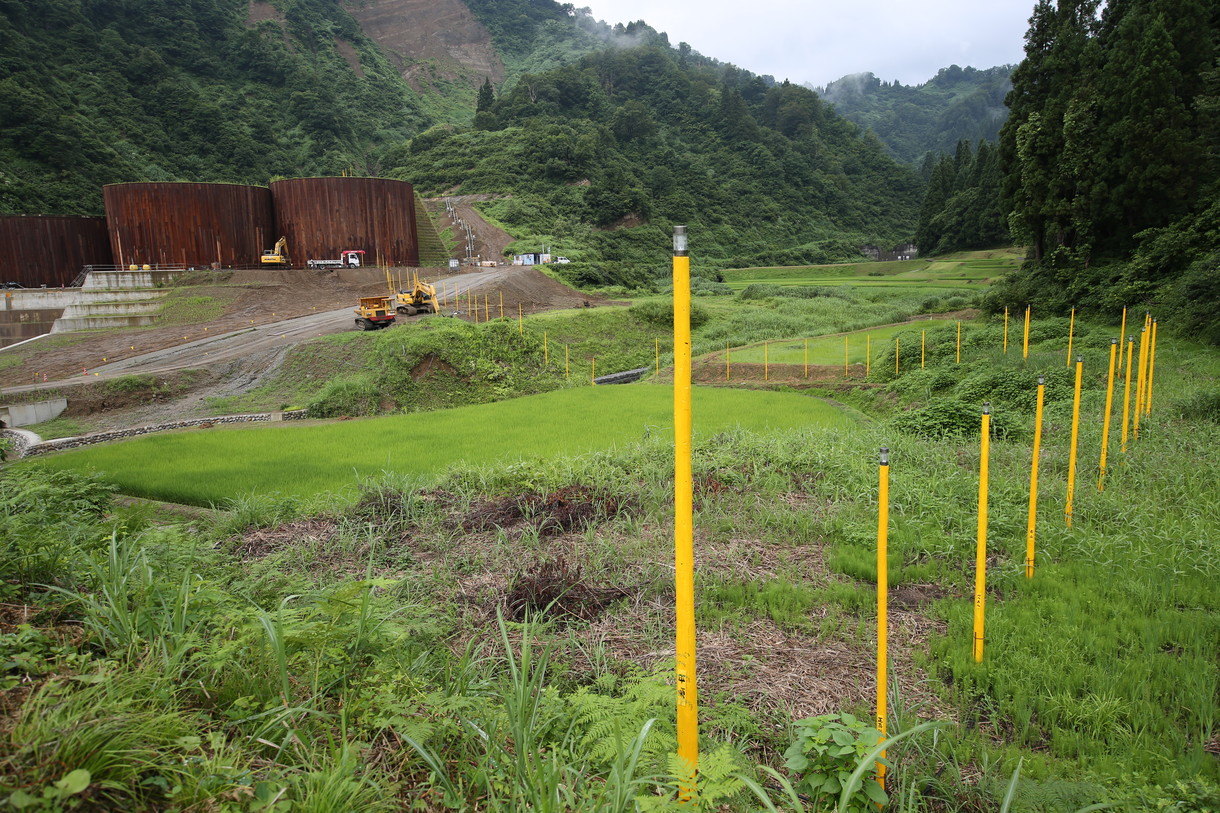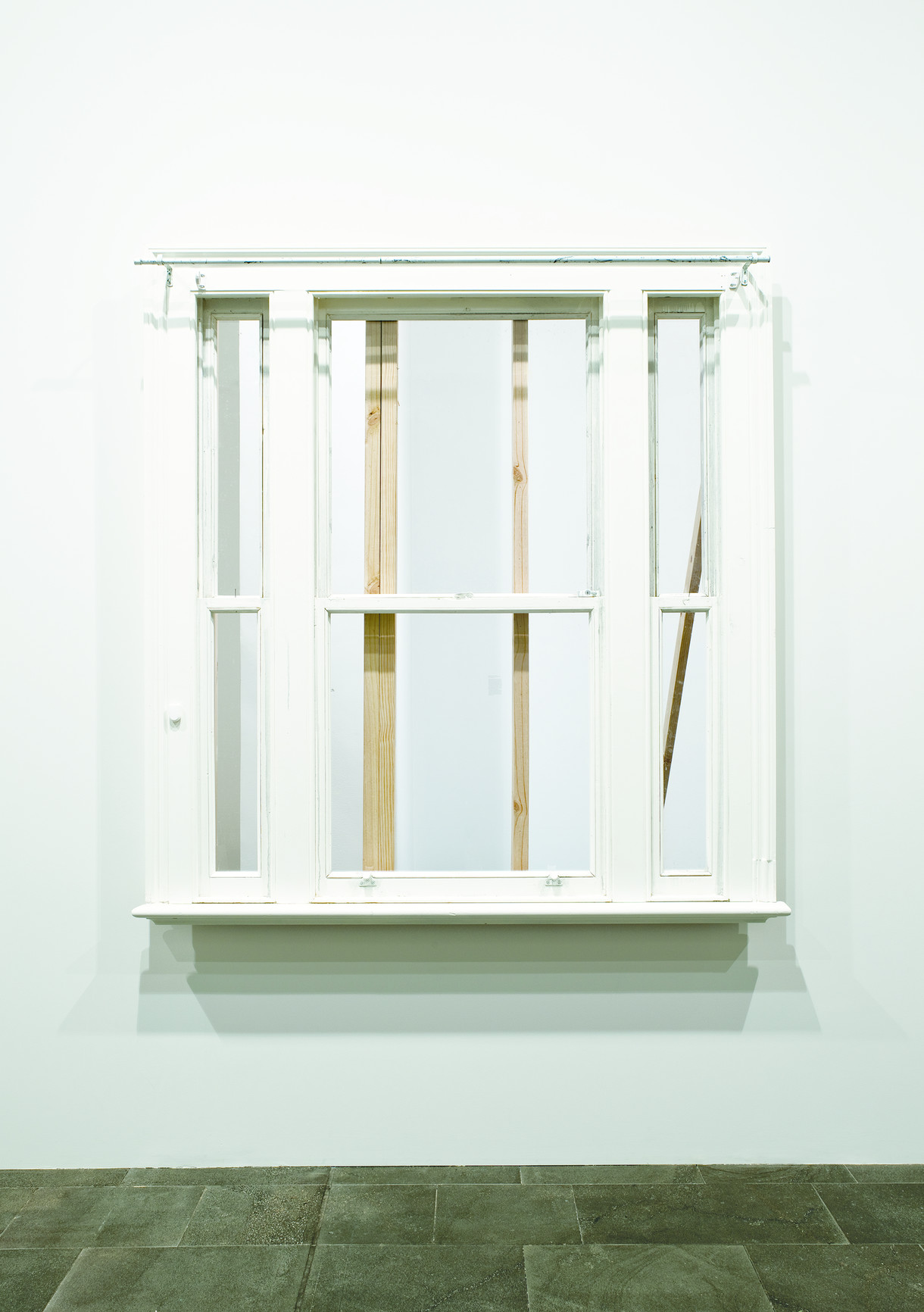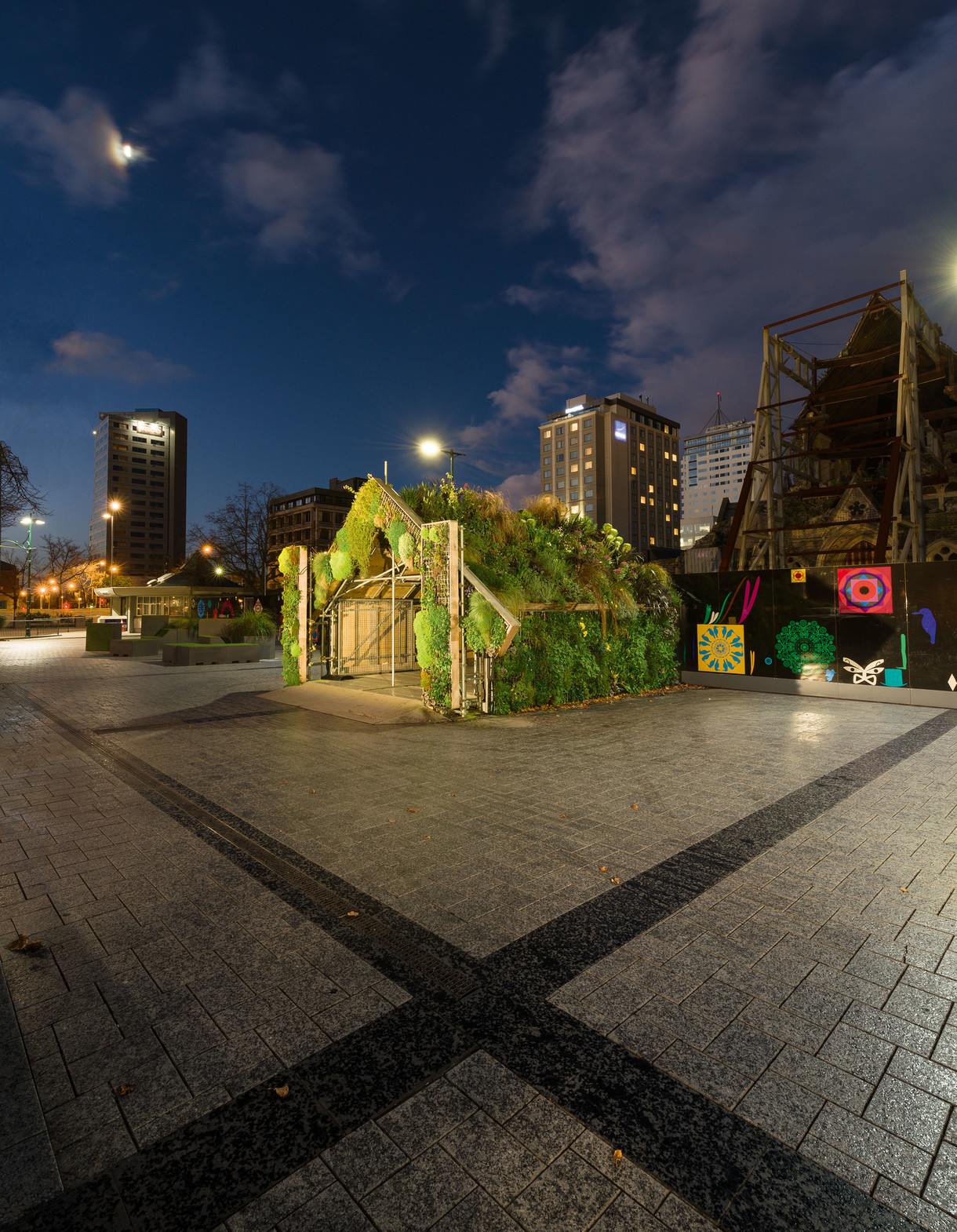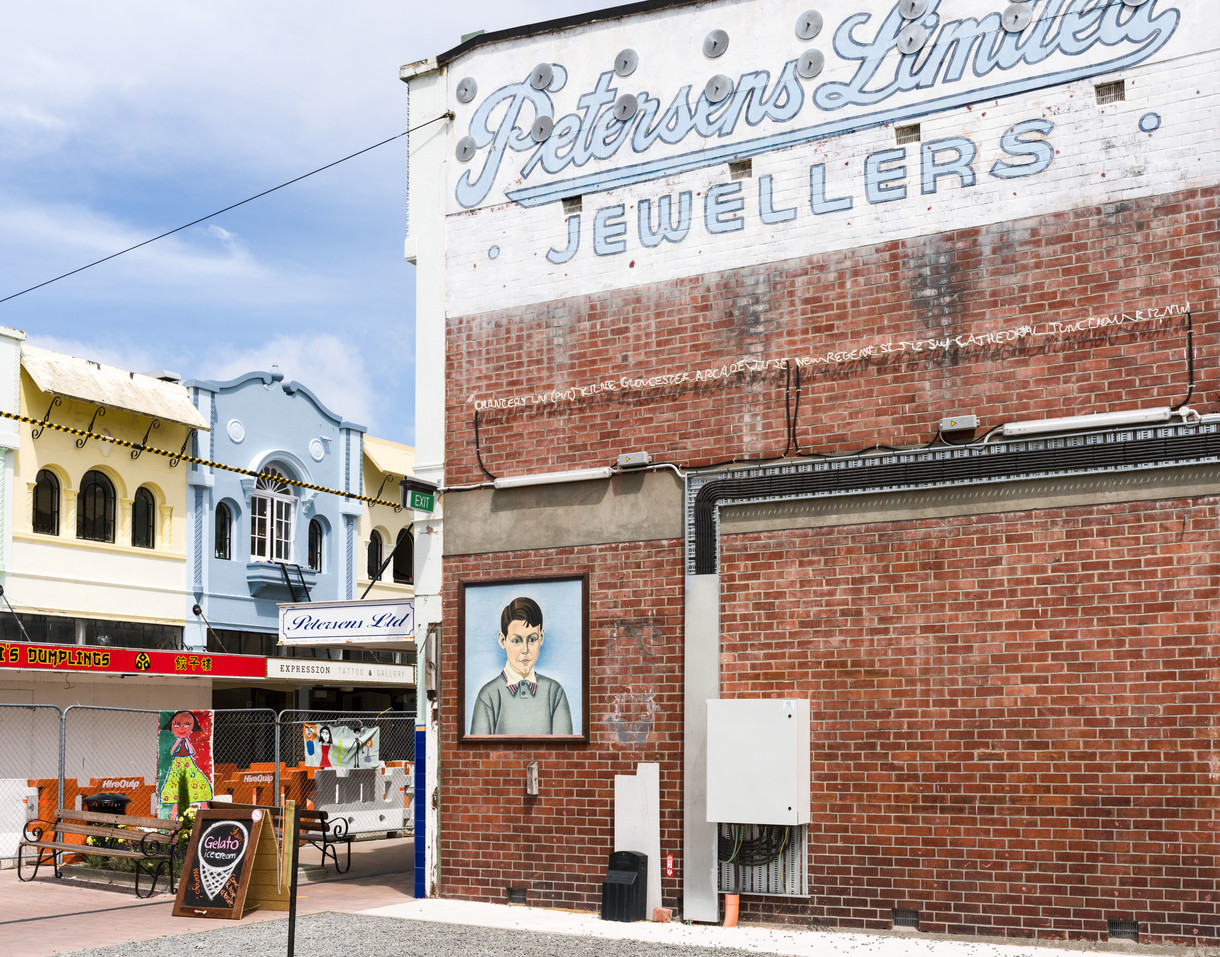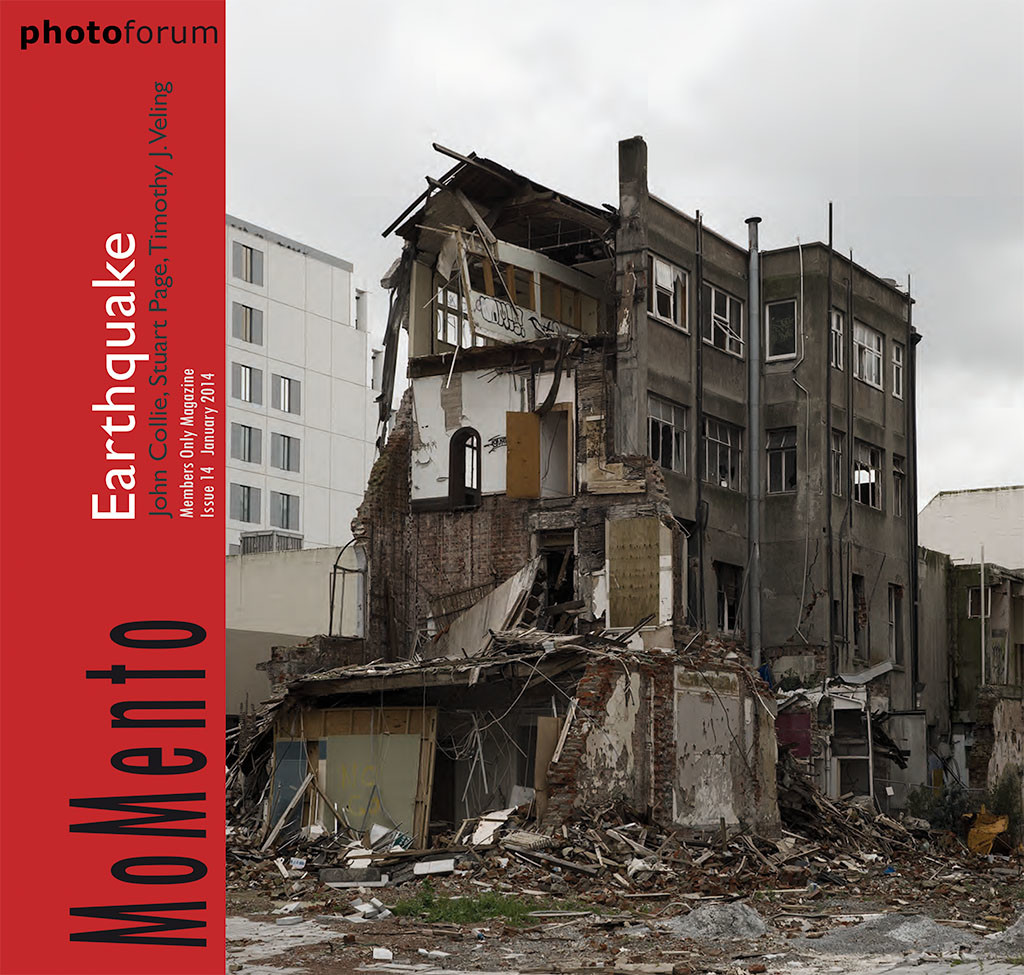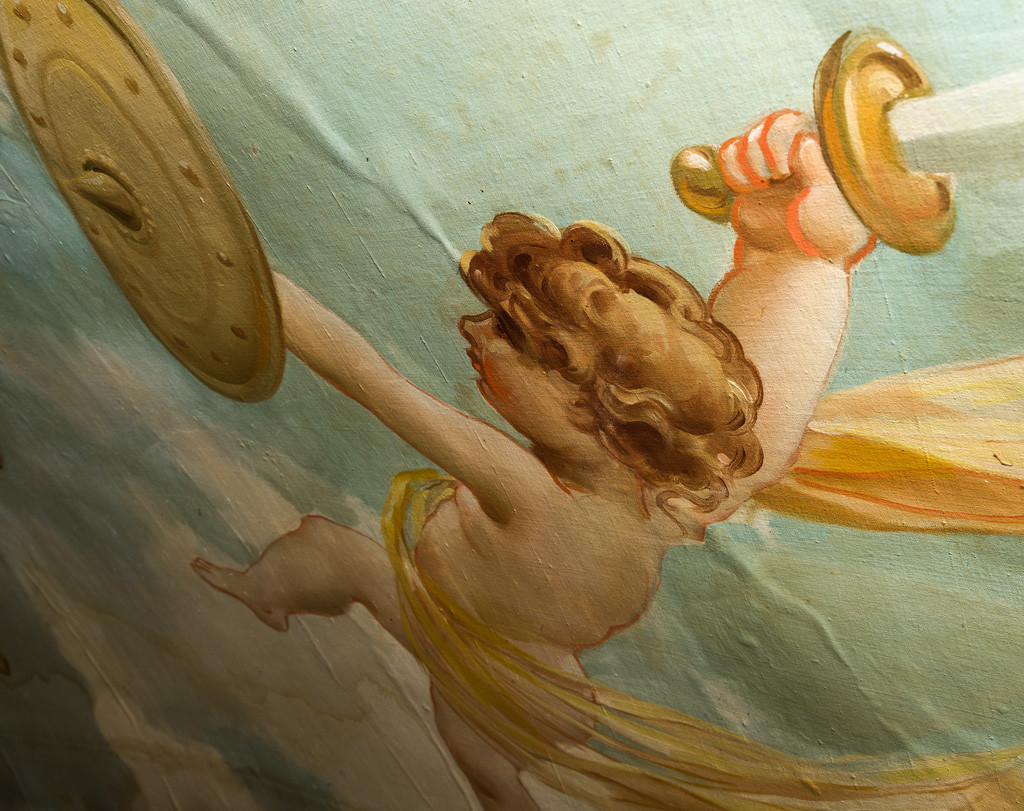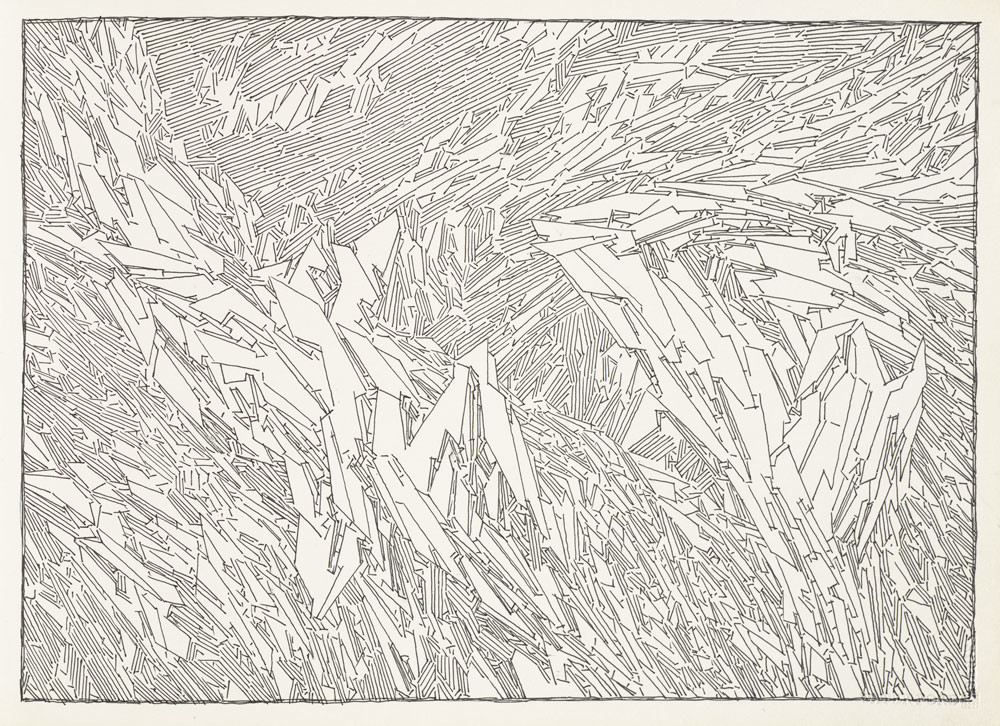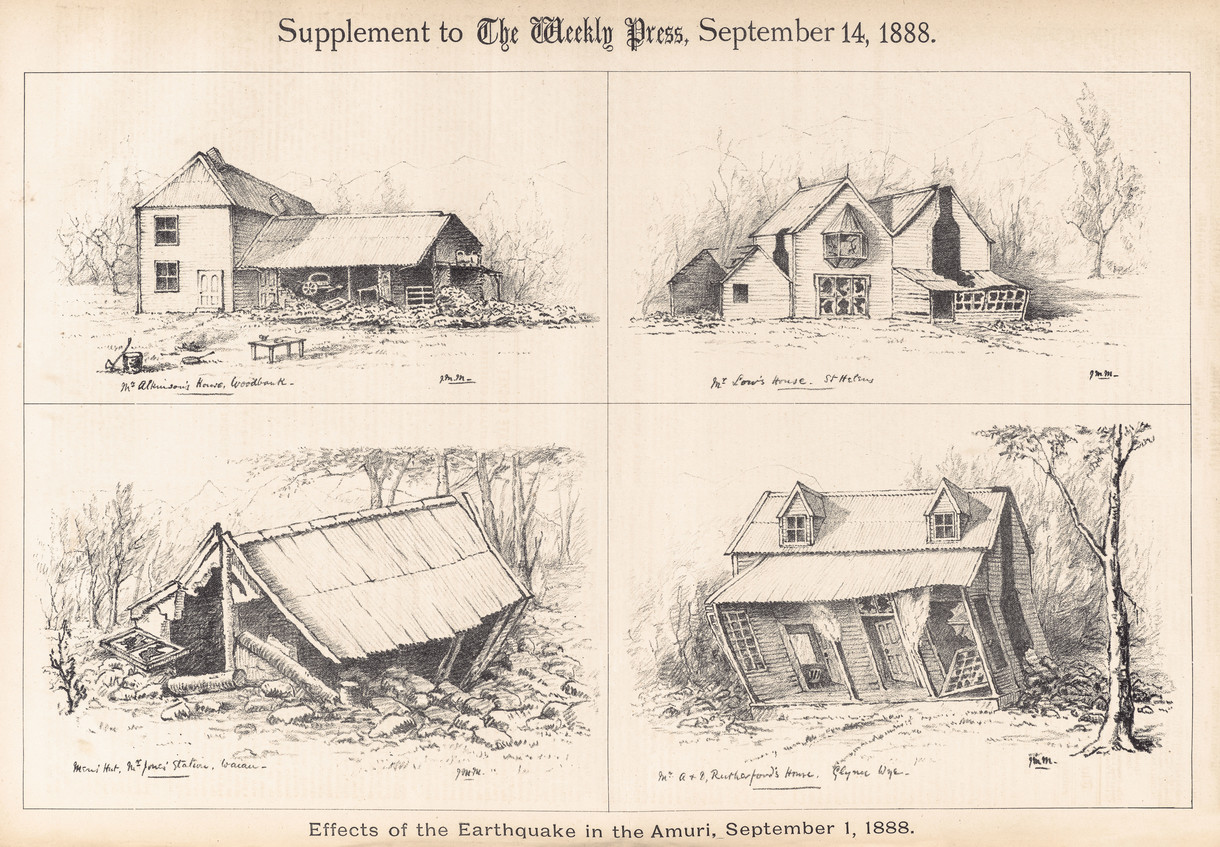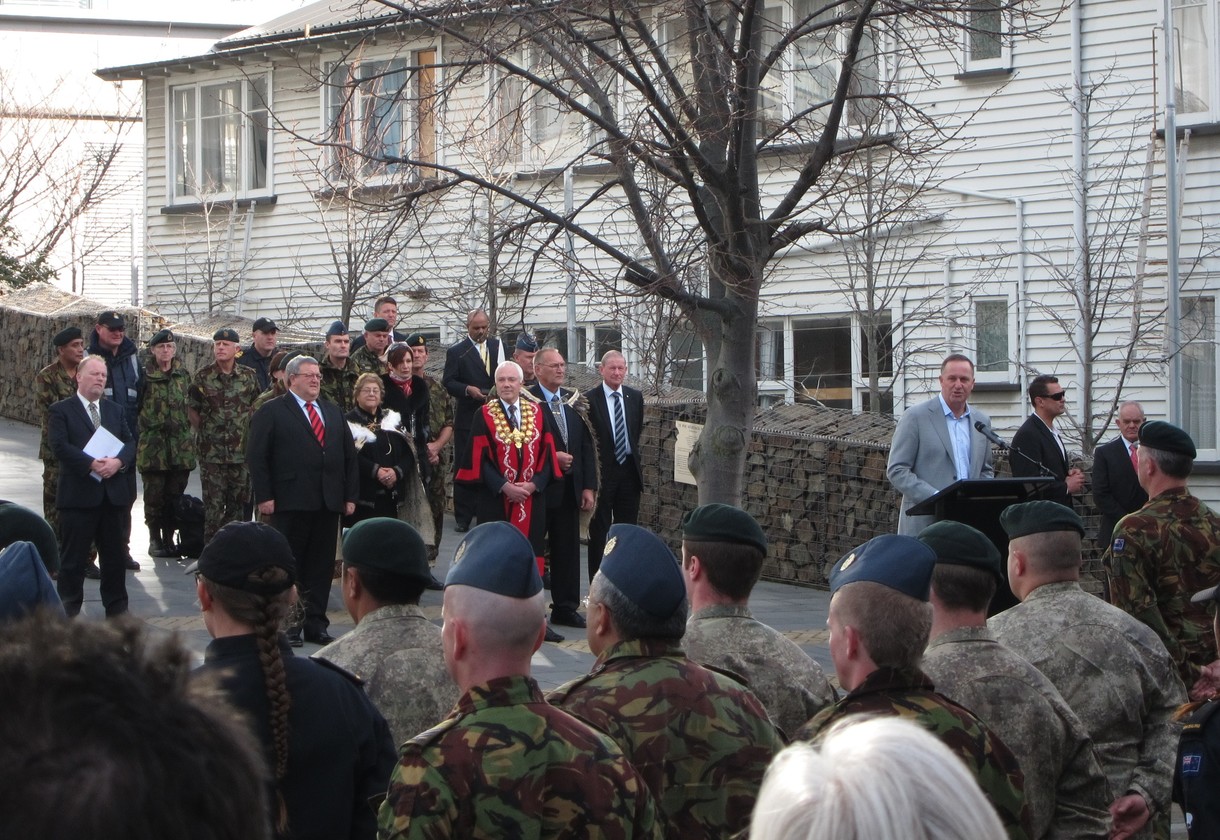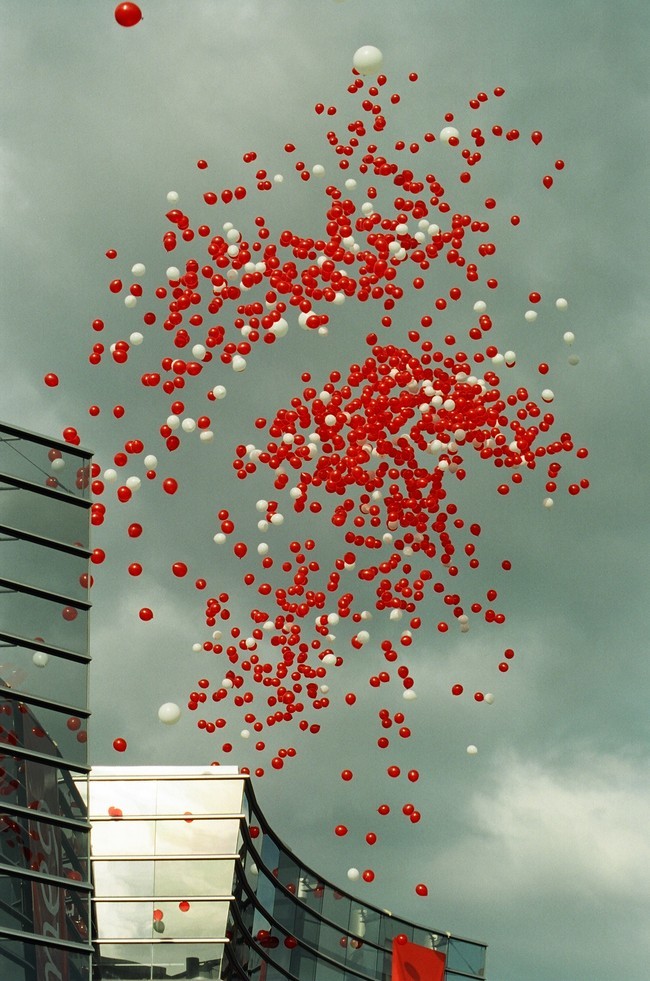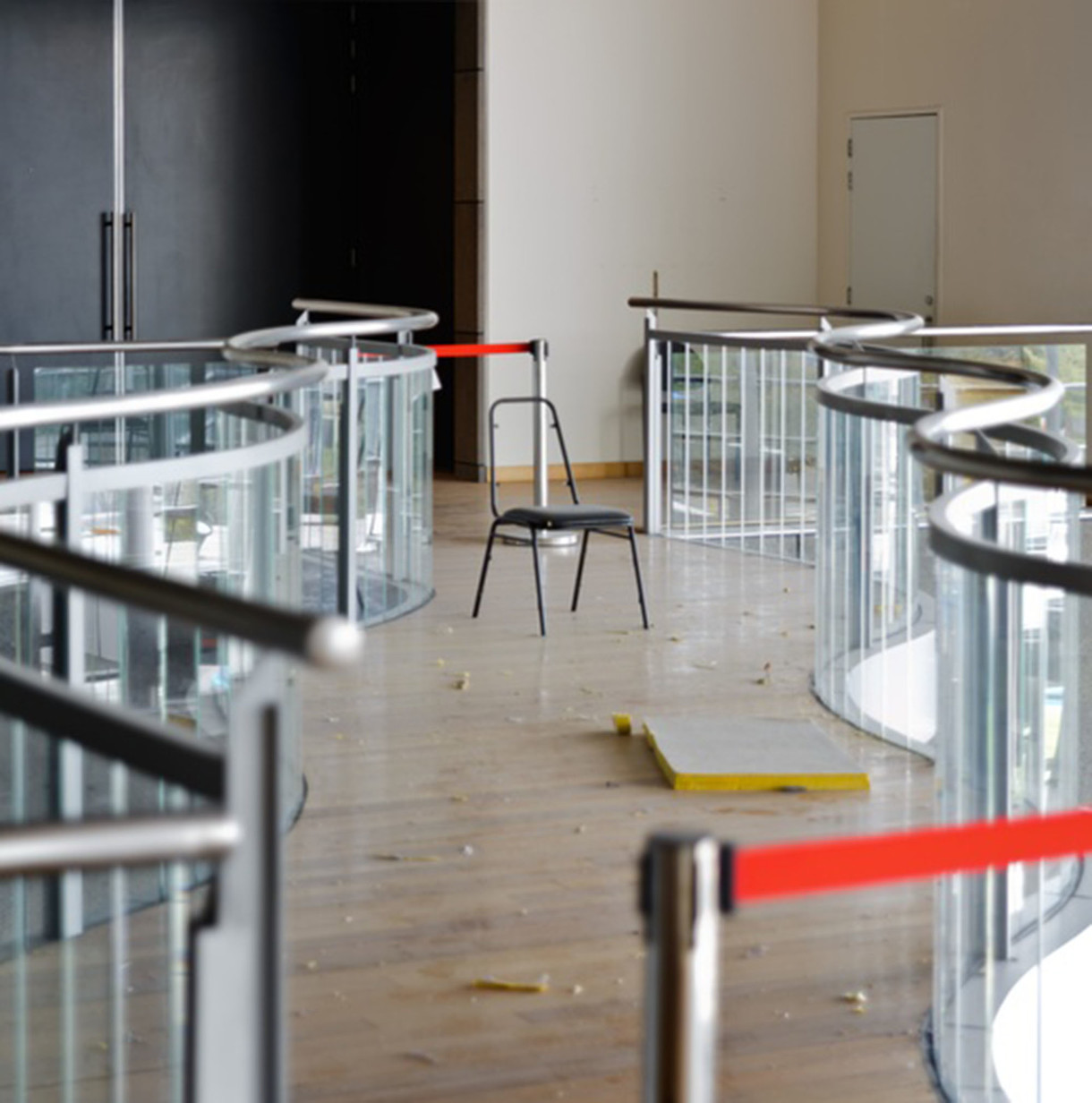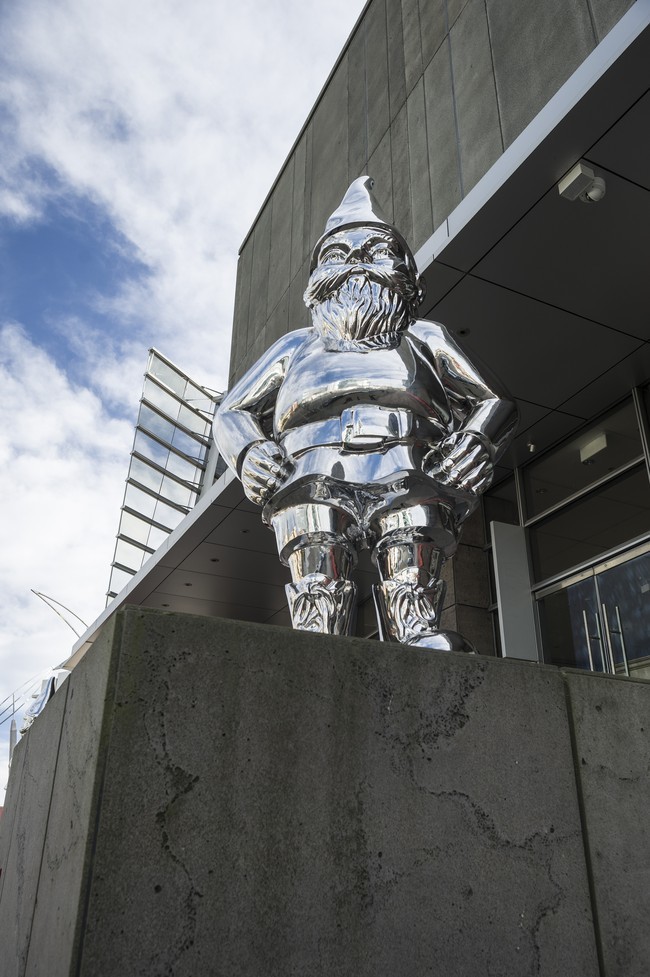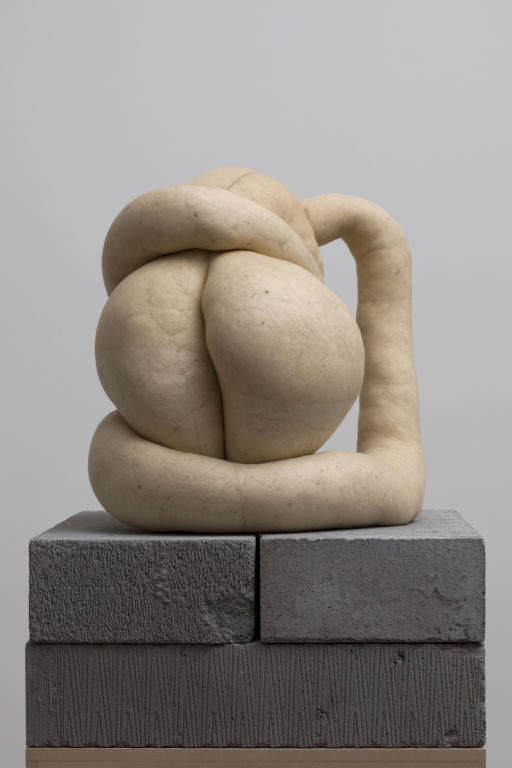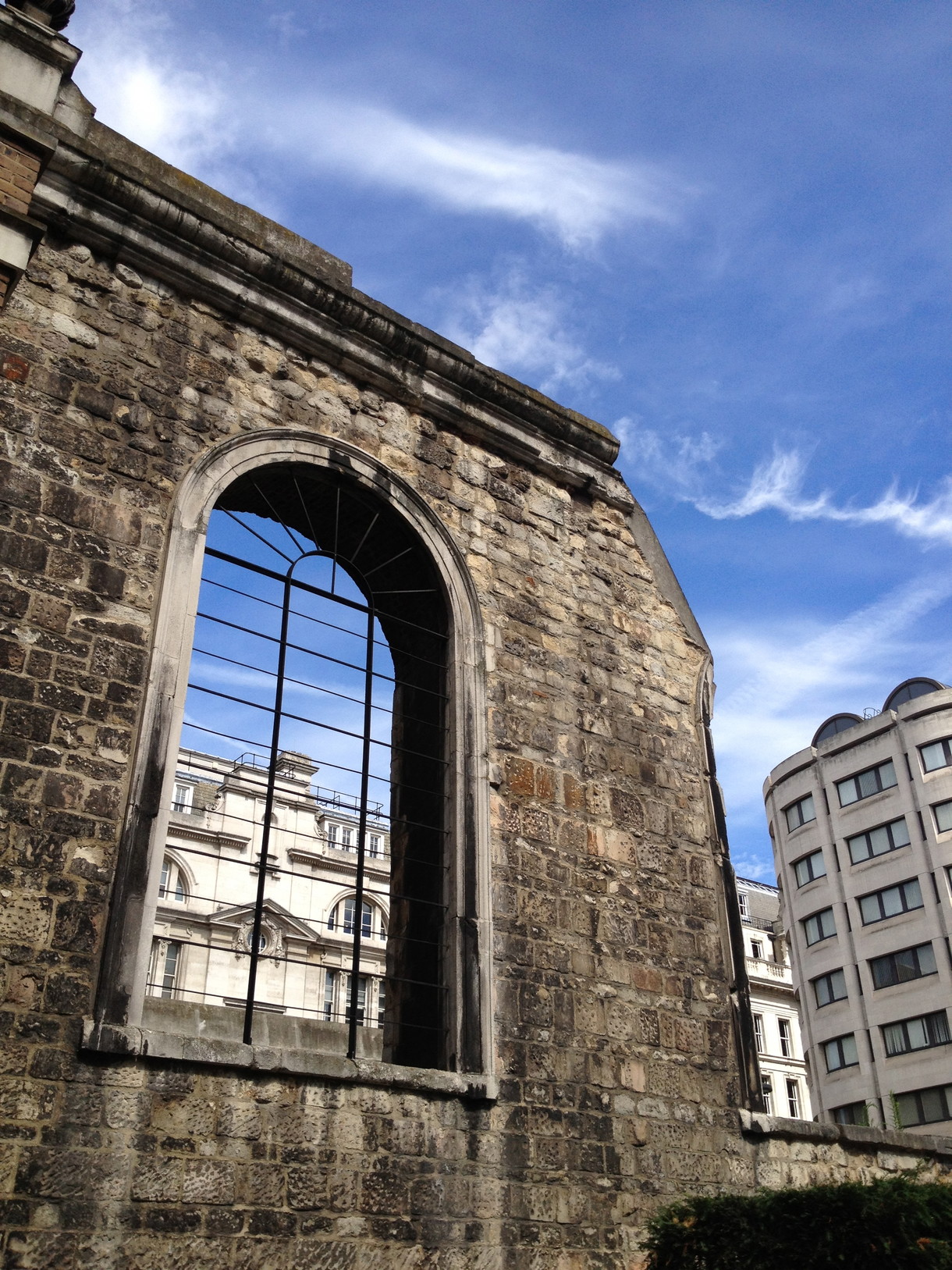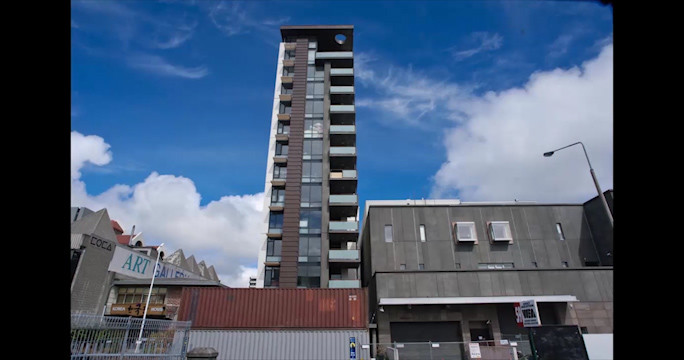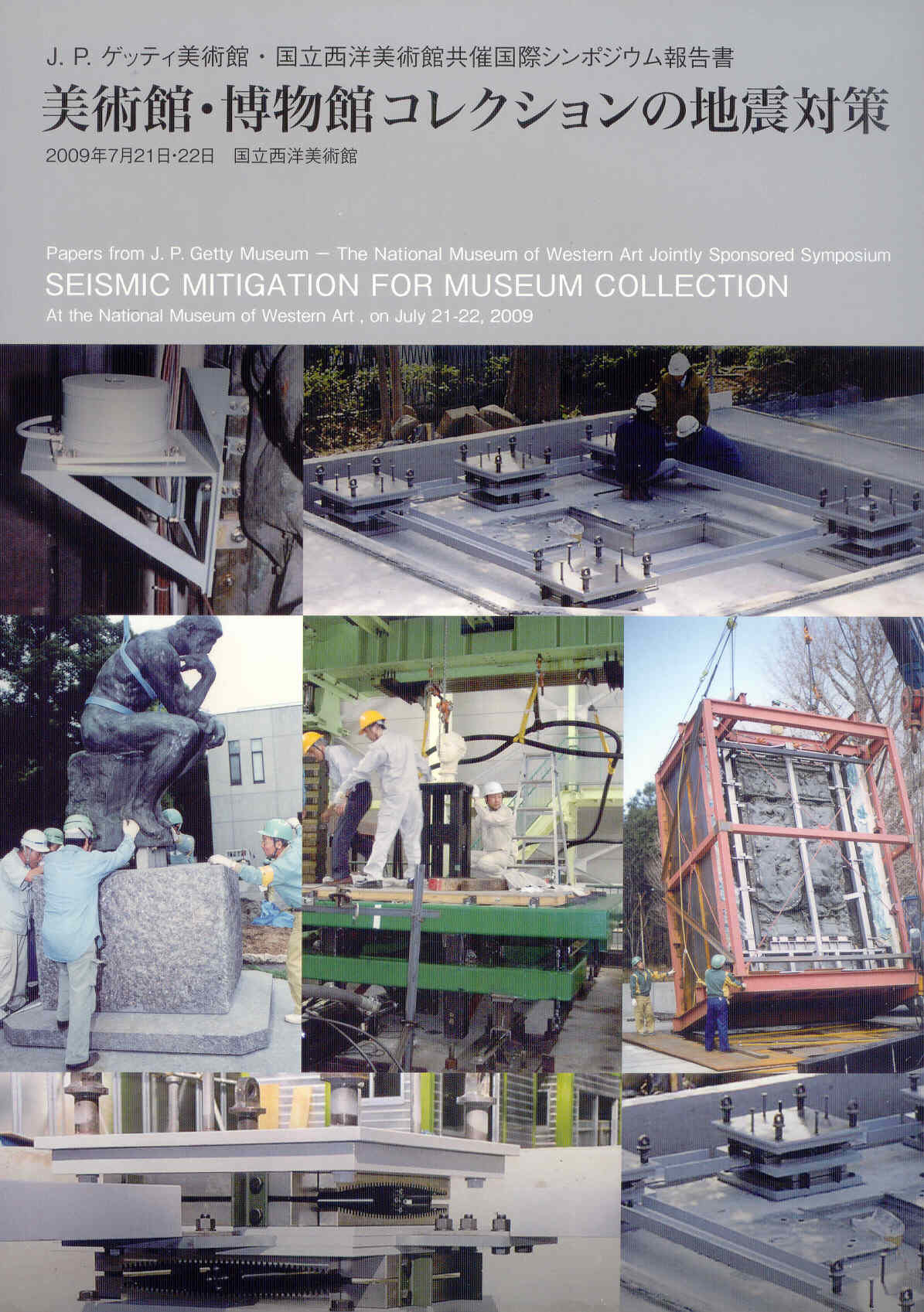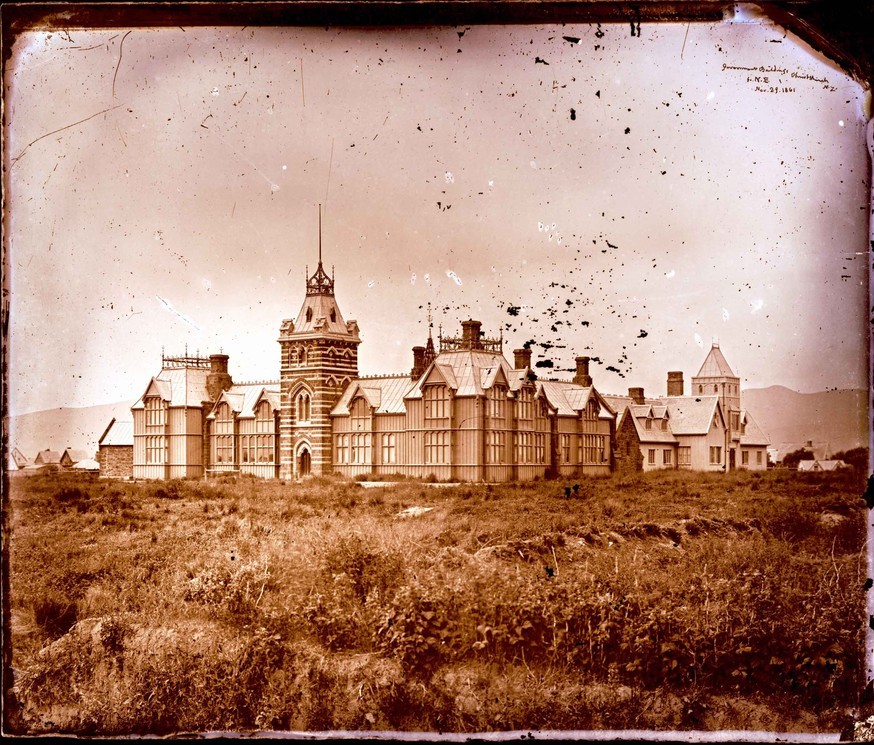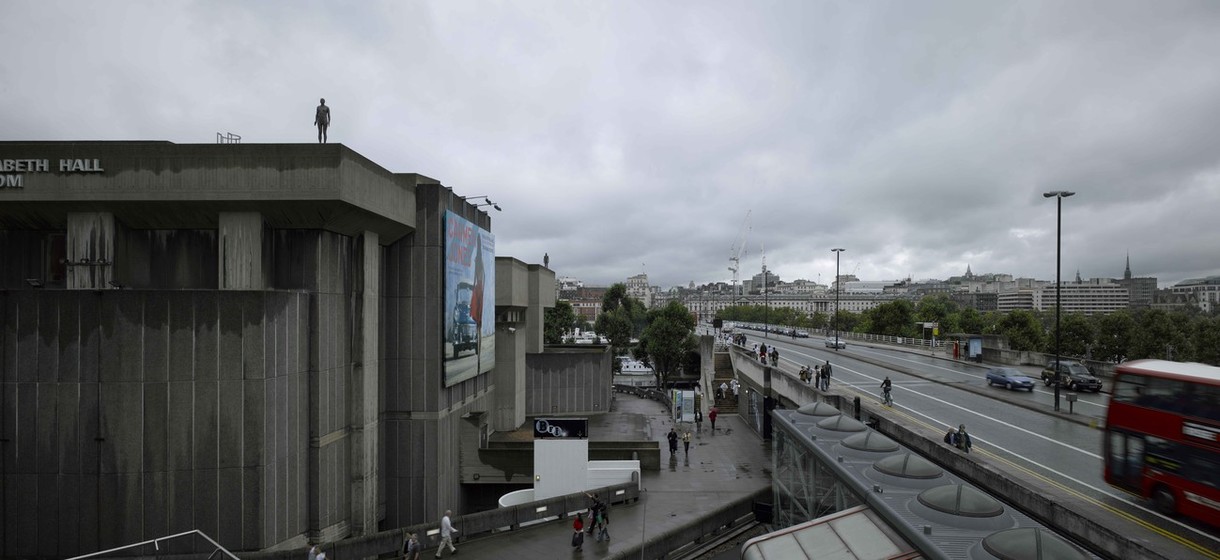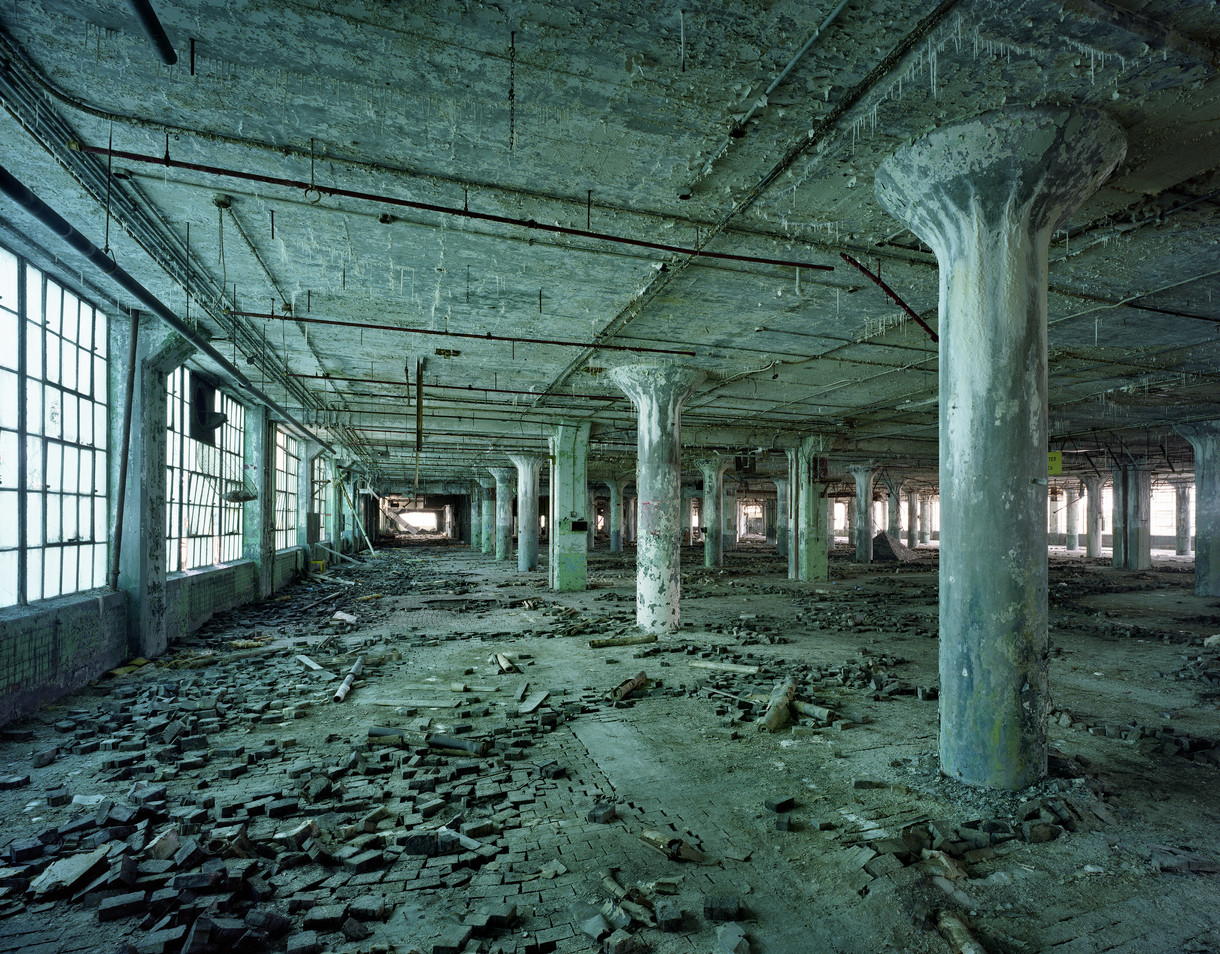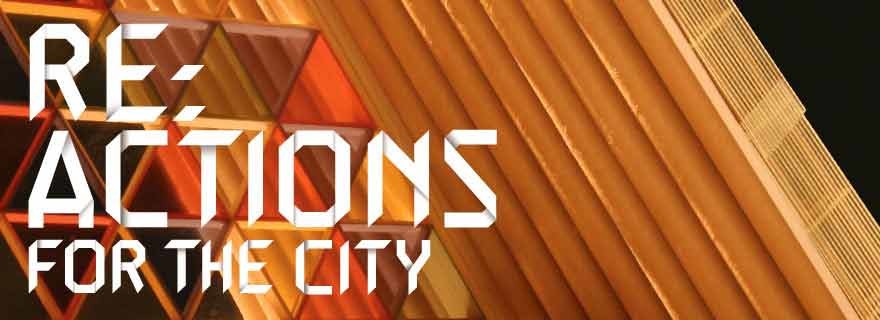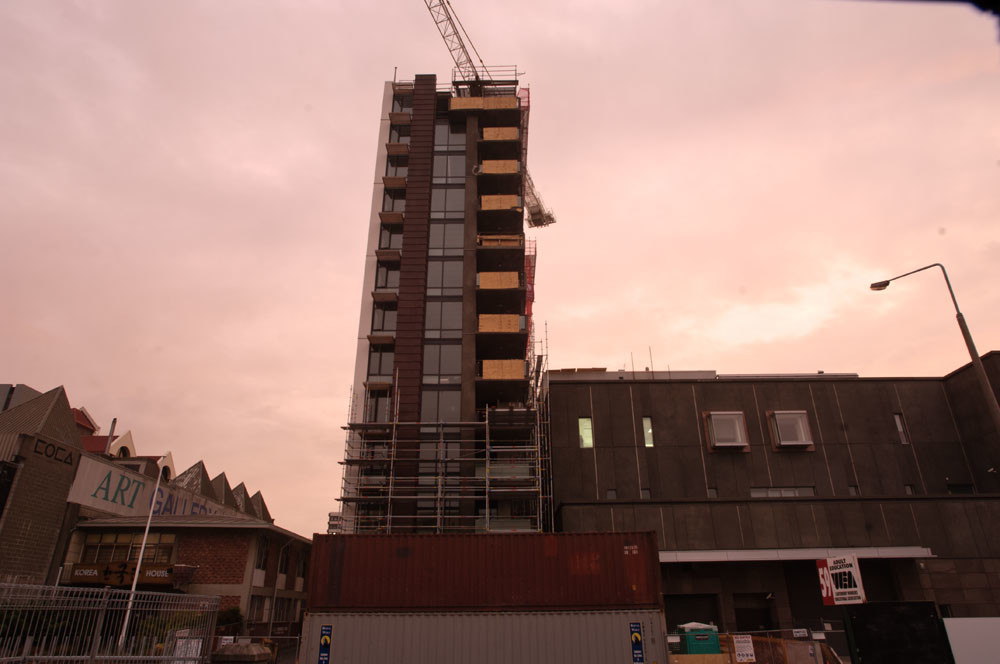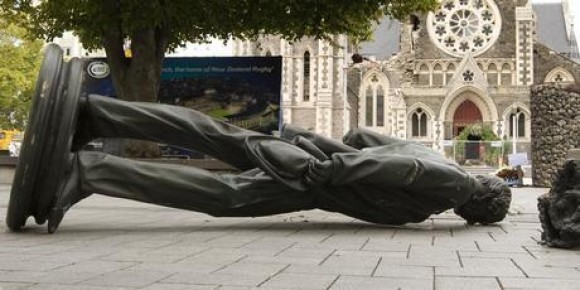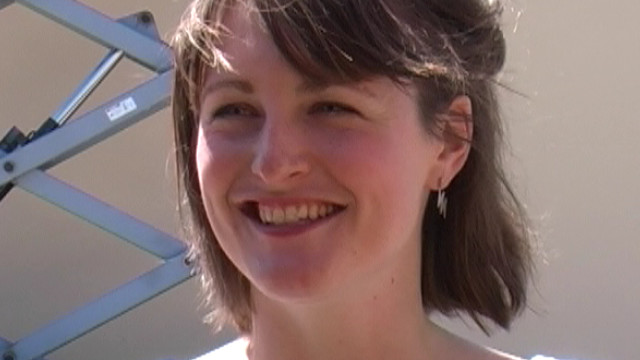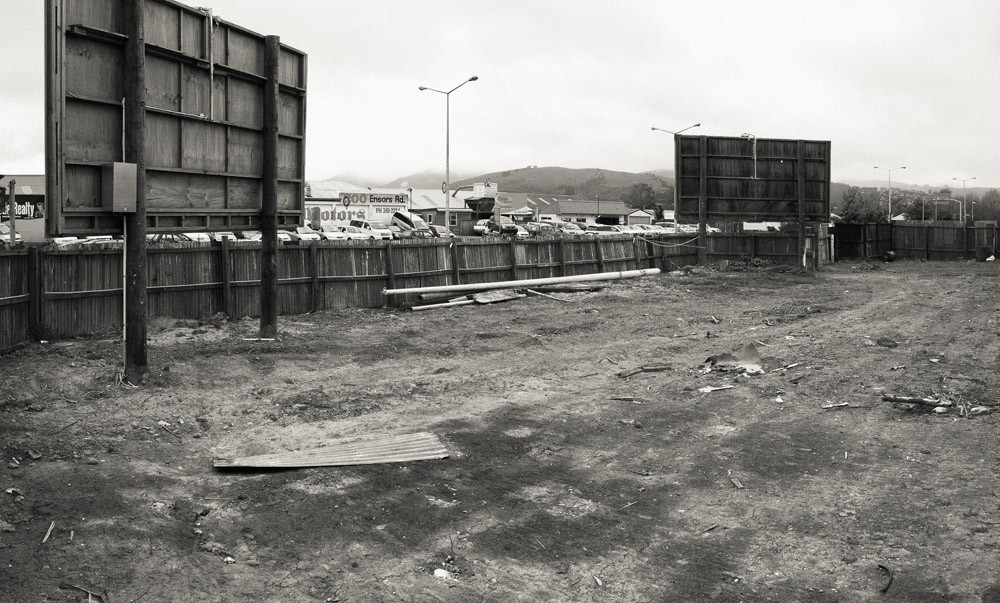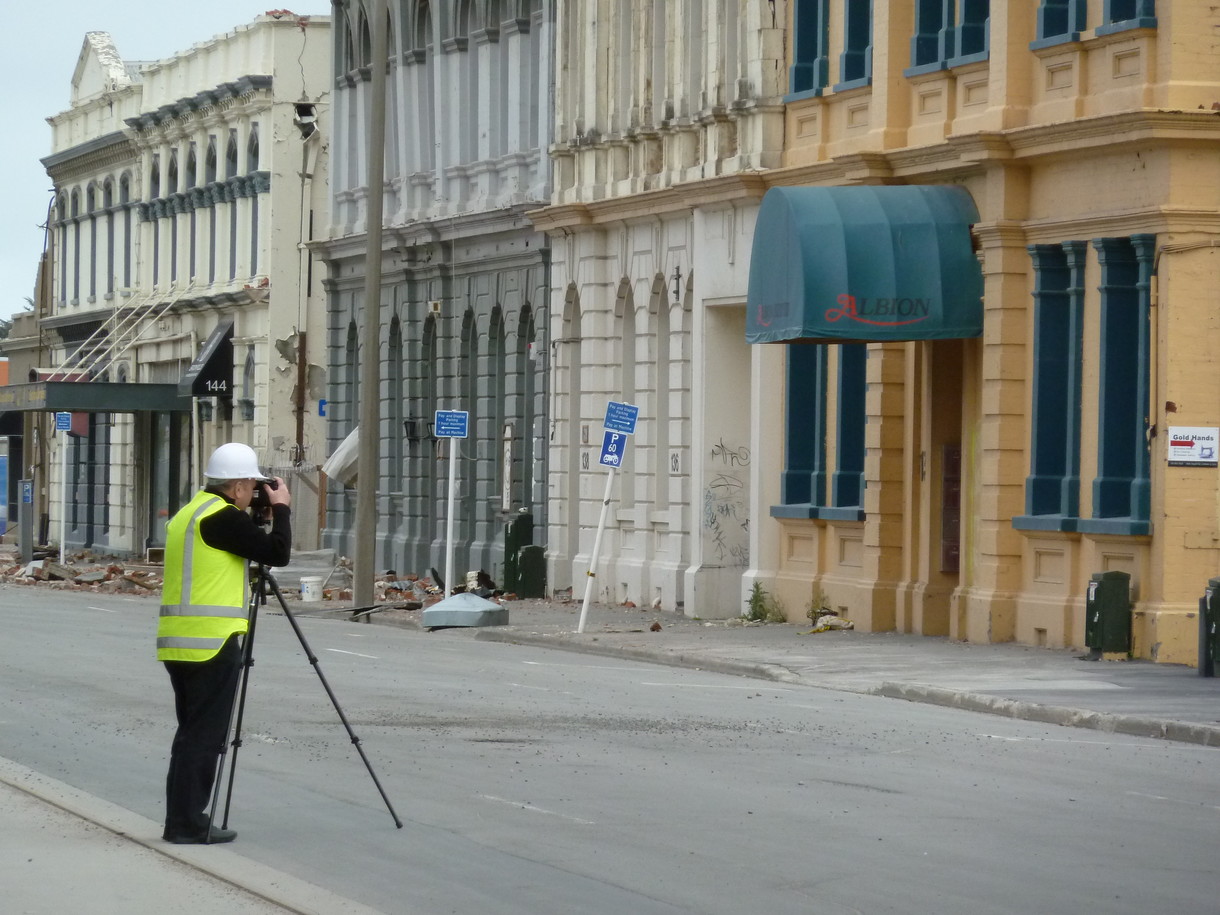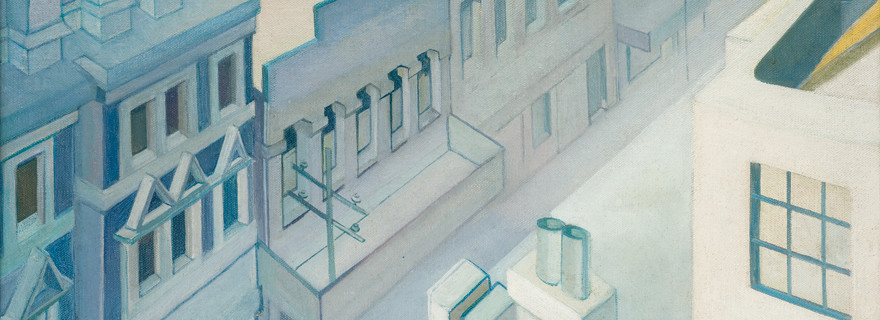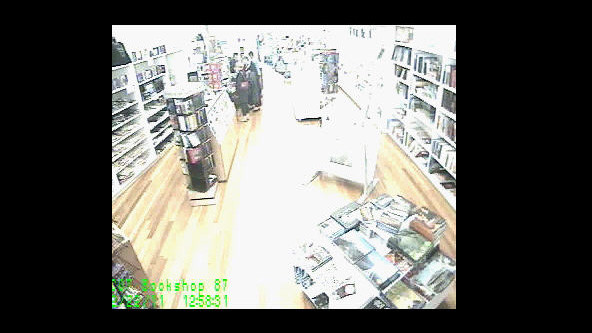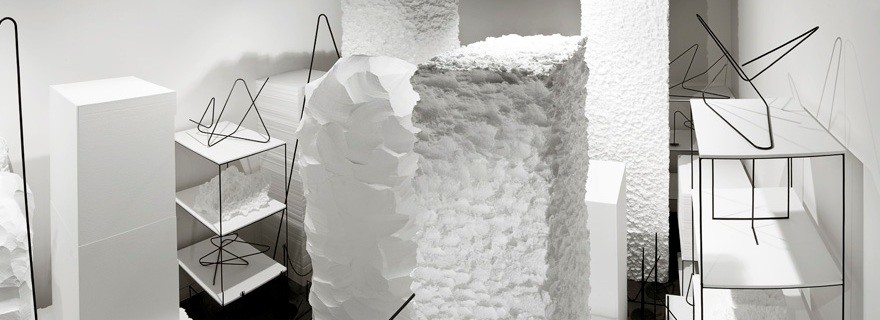B.
Repair Update - Base Isolation to begin
Gallery
A technology that allows a building to effectively 'float' on its foundations during an earthquake is about to be applied to the Gallery.
The base-isolation building upgrade will be installed during phase two of the Gallery’s repair programme, which gets underway next week. A consortium comprising Fulton Hogan, Ruamoko Solutions, Warren and Mahoney, and Norman, Disney & Young has been awarded the $20 million contract to complete the upgrade. They will also carry out an additional $14 million worth of insurance repairs to the Gallery’s earthquake-damaged interior.
Director Jenny Harper says the base-isolation technology and other measures will mean that Christchurch Art Gallery is one of the safest and most earthquake-resilient galleries in the world. ‘The Gallery is a place for people to visit and enjoy, but it is also a building which needs to protect the city’s irreplaceable and much-loved collection treasures,’ she says. ‘Christchurch has now become known internationally as a seismic city. If we want to attract significant loans of art from overseas, we need to be able to prove that we can keep them safe. To put things in perspective, some works of art we might bring to Christchurch are worth hundreds of millions of dollars — much more than the Gallery building itself. So it’s vital that we meet the highest international standards in terms of earthquake resilience.’
Thomas Jones, Project Director, Christchurch City Council, says the Council is adopting best-practice methods to repair and reinstate the Gallery’s building. ‘The base-isolation technology is well-proven and has been applied to other national buildings such as the Museum of New Zealand Te Papa Tongarewa and the Parliament Buildings, as well as many other museums and galleries in the Pacific Rim,’ he says. ‘It works by installing a large bearing between the building and its foundations. This effectively allows it to float during an earthquake, significantly reducing the seismic stress on the building and its contents.’
In addition to upgrading the building’s foundations, a secondary electrical system will be installed to add greater backup for the Gallery’s essential services, such as lighting and climate-control systems. Repairs will also be carried out to the iconic glass façade and the interior of the Gallery refurbished. Gallery staff will leave the building at the end of this month and relocate to office spaces at 82 Peterborough Street and an area which Canterbury Museum has made available, until repair works are completed next year.
Ms Harper says the Gallery’s second phase of repairs is another step forward for Christchurch’s art lovers and visitors. ‘There’s a sense that the Gallery is on the home straight now,’ she says. ‘It’s another big milestone for us and for everybody looking forward to our reopening late next year.’
